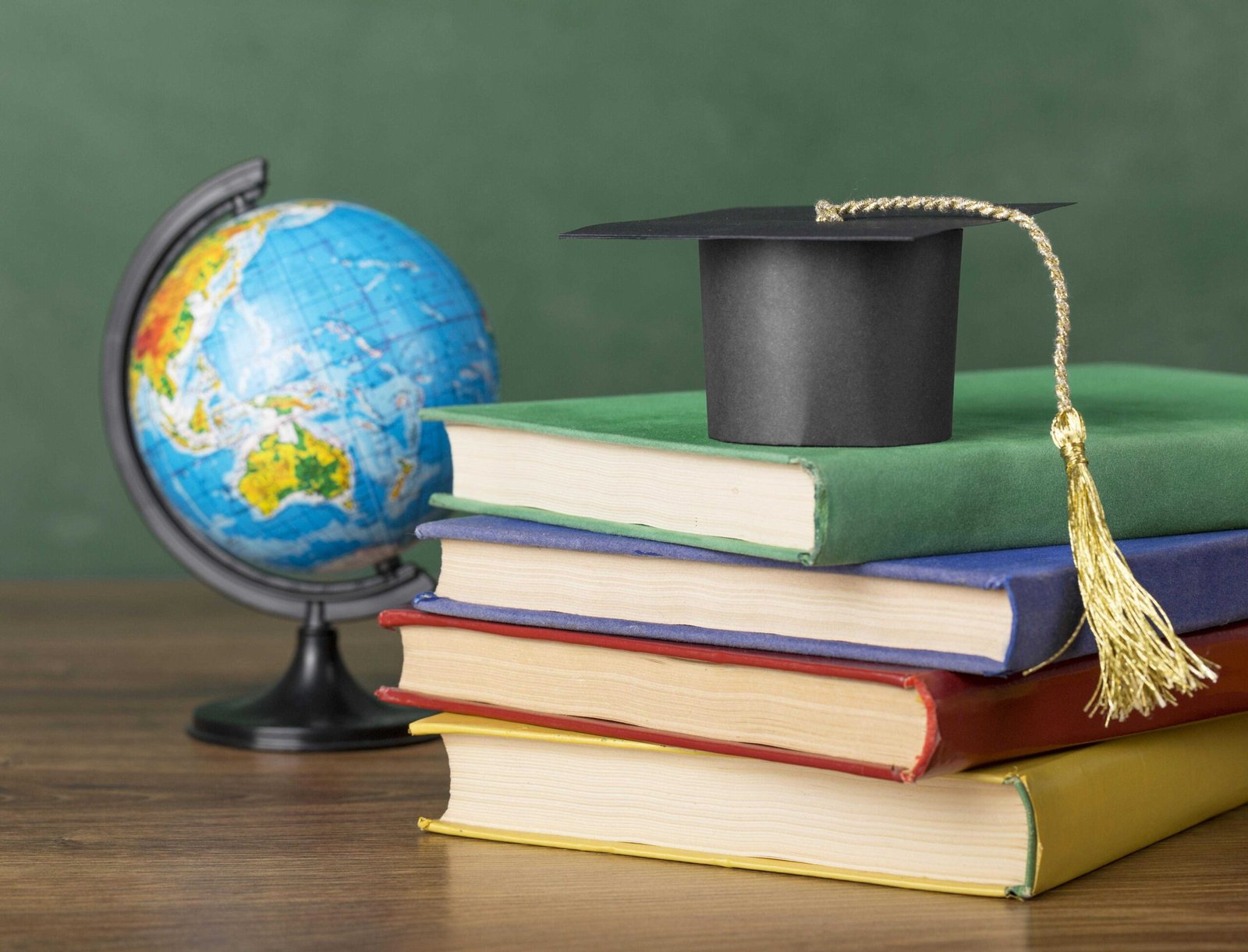Education: A Multifaceted Process and Its Foundational Aims
Education is the deliberate and systematic process of facilitating learning and acquiring knowledge, skills, values, and beliefs. The term’s etymology, derived from the Latin words educare (“to nourish”) and educere (“to draw out”), reveals its dual nature: to cultivate an individual’s inherent potential while simultaneously imparting the accumulated wisdom and norms of society. [1][2] This process is not confined to the walls of a classroom but is a lifelong endeavor that unfolds through formal, non-formal, and informal experiences. [2][3] While modern education systems face criticism for sometimes prioritizing conformity and rote memorization over critical thought, the foundational goals of education remain deeply rooted in the holistic development of the individual, the cohesion and progress of society, and the advancement of economic well-being. [4][5] Ultimately, education in its broadest sense is the means by which humanity consciously guides its own evolution.
The Individual Imperative: Self-Actualization and Personal Growth
At its core, education serves the profound purpose of individual development, aiming to unlock the full spectrum of human potential—a concept often termed self-actualization. [6][7] This journey, as described by psychologists like Abraham Maslow, involves moving beyond basic needs to pursue the fulfillment of one’s unique capabilities and purpose. [6] Education acts as the primary catalyst in this process, not merely by equipping individuals with knowledge, but by fostering the critical thinking, creativity, and self-awareness necessary for self-discovery. [6][8] It is a transformative process that encourages personal reflection on one’s thoughts, values, and experiences, thereby building a stronger sense of identity. [8] The American philosopher John Dewey argued that education is not a mere preparation for life, but is “life itself,” emphasizing that learning should be an active, experiential process of engaging with the world to solve real problems. [9][10] This approach cultivates intellectual faculties, promotes psychological resilience, and nurtures moral and ethical development, moving beyond simple instruction to the holistic formation of character. [7][11] The goal is to develop individuals who are not just knowledgeable, but are also self-sufficient, adaptable, and capable of leading a full and meaningful life. [7][8]
The Social & Civic Mandate: Forging Democratic and Cohesive Societies
Beyond the individual, education carries the critical responsibility of social reproduction and transformation. It serves as the primary mechanism through which societies transmit cultural heritage, social norms, and collective values from one generation to the next, fostering a sense of shared identity and belonging. [9] In democratic societies, this goal takes on a particular urgency. Education is indispensable for cultivating an informed, engaged, and responsible citizenry capable of meaningful participation in political life. [12][13] By teaching knowledge of history, law, and government, and by developing skills in critical analysis and reasoned debate, education empowers citizens to hold leaders accountable and to contribute constructively to public discourse. [12][14] Organizations like UNESCO emphasize that education is a fundamental human right and a key driver for promoting peace, tolerance, human rights, and global citizenship. [15][16] An education infused with global perspectives encourages learners to understand the interdependence of peoples and cultures, analyze issues of power and justice, and develop empathy, thereby strengthening social cohesion and promoting a culture of peace. [17][18] This civic mission aims to create a society where all individuals can participate democratically and work collaboratively to address common challenges, ensuring the vitality and resilience of democratic institutions. [12][14]
The Economic Engine: Fueling Innovation and Prosperity
Education is universally recognized as a cornerstone of economic development, a concept formalized in Human Capital Theory. [19][20] This theory posits that investing in the knowledge and skills of a population is akin to investing in capital goods, yielding significant returns in the form of increased productivity and economic growth. [19][21] An educated workforce is more efficient, adaptable to new technologies, and capable of driving the innovation that is essential for a nation’s competitiveness in the global marketplace. [22][23] Countries with higher levels of education, measured by indicators like average years of schooling, consistently demonstrate greater capacity for technological advancement, research and development, and entrepreneurship. [22][24] Education enhances the value of the labor supply, leading to higher wages for individuals and greater overall economic output. [23][25] Furthermore, it fosters the critical thinking and problem-solving abilities necessary to address complex economic challenges and to innovate. [22][26] In the modern knowledge economy, where technological change is rapid, education’s role extends to cultivating a culture of lifelong learning, ensuring that the workforce can continually adapt and acquire new skills. [8][26] Thus, education is not merely a social good but a vital economic investment that fuels national prosperity and improves standards of living. [22][23]



